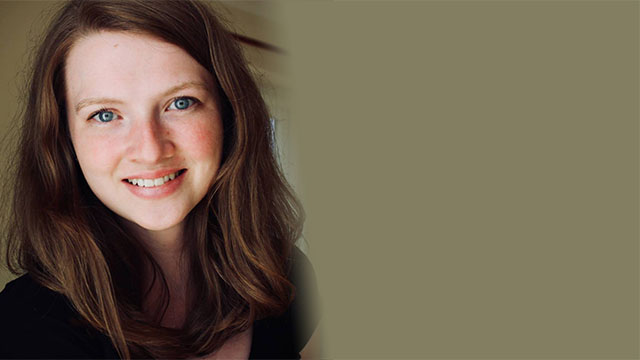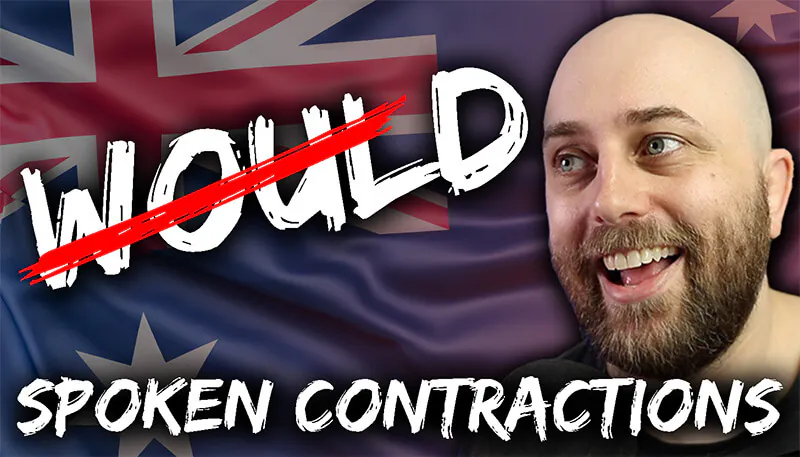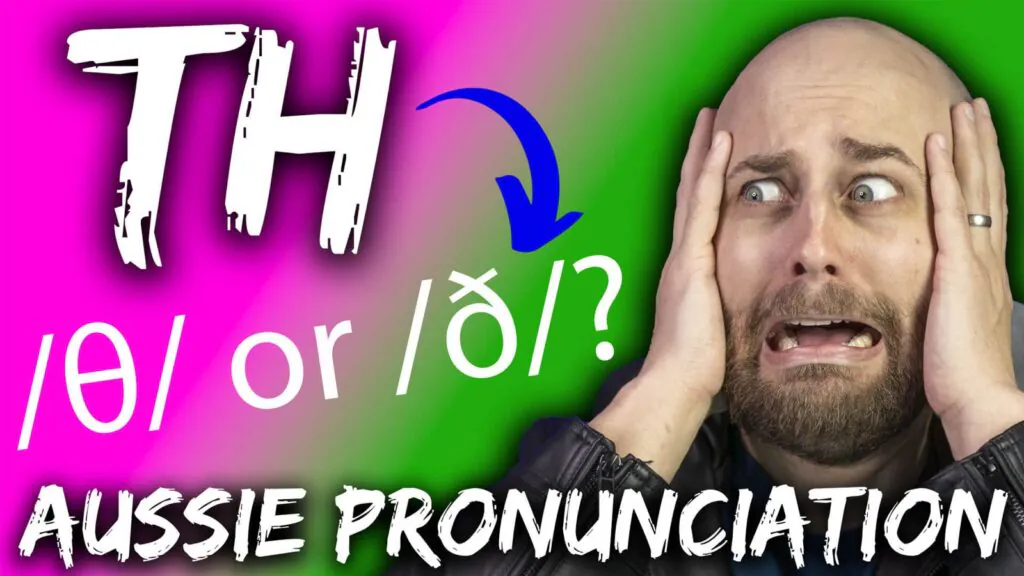Ep063: Pronunciation – Whadawe & Whadathey
In today’s pronunciation episode of Aussie English, Ep063: Pronunciation – Whadawe & Whadathey, I teach you how the pronunciation of “what do we…” and “what are we…” changes to “whadawe”, as well as how “what do they…” and “what are they…” changes to “whadathey”.
Ep063: Pronunciation – Whadawe & Whadathey
Note: the words highlighted in red are not real words. I’ve spelt them how I would say them phonetically, but they would never be written like this.
G’day guys. Welcome to this episode of Aussie English.
Today is going to be another pronunciation episode following on from the last two or three episodes where I broke down the pronunciation of “what do I”, “what do you”, “what does he” into “whadawhy”, “whadayou”, “whadahs-he” and “whadahs-shee”, as well as how the pronunciation changes from “what am I”, “what are you”, “what is he”, “what is she” to “whadameye”, “whadayou”, “whadahs-he” “whadahs-she”. So, today we’re going to finish it up by talking about um… the pronunciation of the phrases, “what are we” and “what do we” as well as “what are they” and “what do they”. And again these pronunciation shifts just happen because we speak incredibly quickly and it’s a lot easier to speak like this and sort of mash it together, push the words together, combine them, ah… in order to sort of convey the information as quickly and efficiently as possible. So, whether or not you actually yourselves learn to say the phrases and the words exactly like this isn’t so much the important part, it’s just to give you guys some exposure so that you’ve heard it before. So that you know what you’re hearing when you hear it. So, that when native English speakers use these kinds of phrases and say these words this way, which happens on a daily basis, you’ll hear it everywhere, you’ll more easily recognise what you’re hearing and you won’t have to think, and the accent isn’t going to sort of, you know, take you aback. You’re not going to be suddenly put off and “oh no! I don’t understand”. You’ll get it straight away and you can keep talking. So, again it’s not so much about you speaking exactly like this, though you can try if you want, you know. I always encourage trying to reduce your accent and [to] speak like a native, but the most important thing is that when you hear people speaking like this you’ll understand what they’re saying.
So, let’s get started. The first one I’ll go through is “what do we”, and “what do we” turns into “whadawe”, “whadawe”. So, I’ll go through the verbs in each one of these cases using the verbs “to want”, “to do”, “to see” and “to think”. So, just listen and repeat after me guys.
What do we want – Whadawe want
What do we do – Whadawe do
What do we see – Whadawe see
What do we think – Whadawe think
And now I’ll do “they”.
What do they want – Whadathey want
What do they do – Whadathey do
What do they see – Whadathey see
What do they think – Whadathey think
And you’ll remember here when it’s the auxiliary verb “to do”, when the “to do” is in the sentence, you’ll always hear the verb after “they”, so after say “what do they”, “what do we”, “what do I”, you’ll always hear the verb as “want”, “do”, “see”, “think”. Whereas, if the… if the verb “to be” has been used with the pronoun, so, “what are we”, “what am I”, “what is he”, you’re going to hear the verb after it at the end ending in “-ing”. So, “wanting”, “doing”, “seeing”, “thinking”. And that’s what I’m listening for when I talk to people, and how I know whether someone’s said “what do we…” or “what are we…” even though in both cases when they speak quickly you’re going to hear “whadawe”, “whadawe”.
So, the next one is obviously using the verb “to be” with “we” and “they”. So, again listen and repeat after me.
What are we wanting – Whadawe wanting
What are we doing – Whadawe doing
What are we seeing – Whadawe seeing
What are we thinking – Whadawe thinking
And now I’ll do it with “they”.
What are they wanting – Whadathey wanting
What are they doing – Whadathey doing
What are they seeing – Whadathey seeing
What are they thinking – Whadathey thinking
So, again, just listen over these a few times, you know, you don’t have to perfect them. Listen over, repeat a few times, practice it as much or as little as you want, but just get an idea of how this sounds in natural speech, and hopefully when you come up against, you know, native speakers with very strong accents who use these kinds of pronunciation shifts and changes when they speak really rapidly you’re going to just know what they’re saying instantly without having to think. So, now I’ll just do a little exercise where you can listen [and] repeat after me, and I’ll say “whadawe” and “whadathey” five times each.
Whadawe
Whadawe
Whadawe
Whadawe
Whadawe
Whadathey
Whadathey
Whadathey
Whadathey
Whadathey
So, that’s it for today’s episode guys. Let me know what you think of these pronunciation episodes. I hope they’re helping. I hope they’re useful. If you have any um… things you want me to work on with regards to pronunciation that you’re finding particularly difficult at the moment, or that you would just like me to discuss, then feel free to send me a comment or a message on Facebook. Say hello anyway if you’re interested, and I’ll chat to you guys soon. All the best!
Here's what you get when you sign up!
- Read while you listen using the Premium Podcast player.
- Understand every word in every episode.
- Download all PDF transcripts and MP3s for 600+ episodes.
- Get access to bonus member-only episodes.












Responses